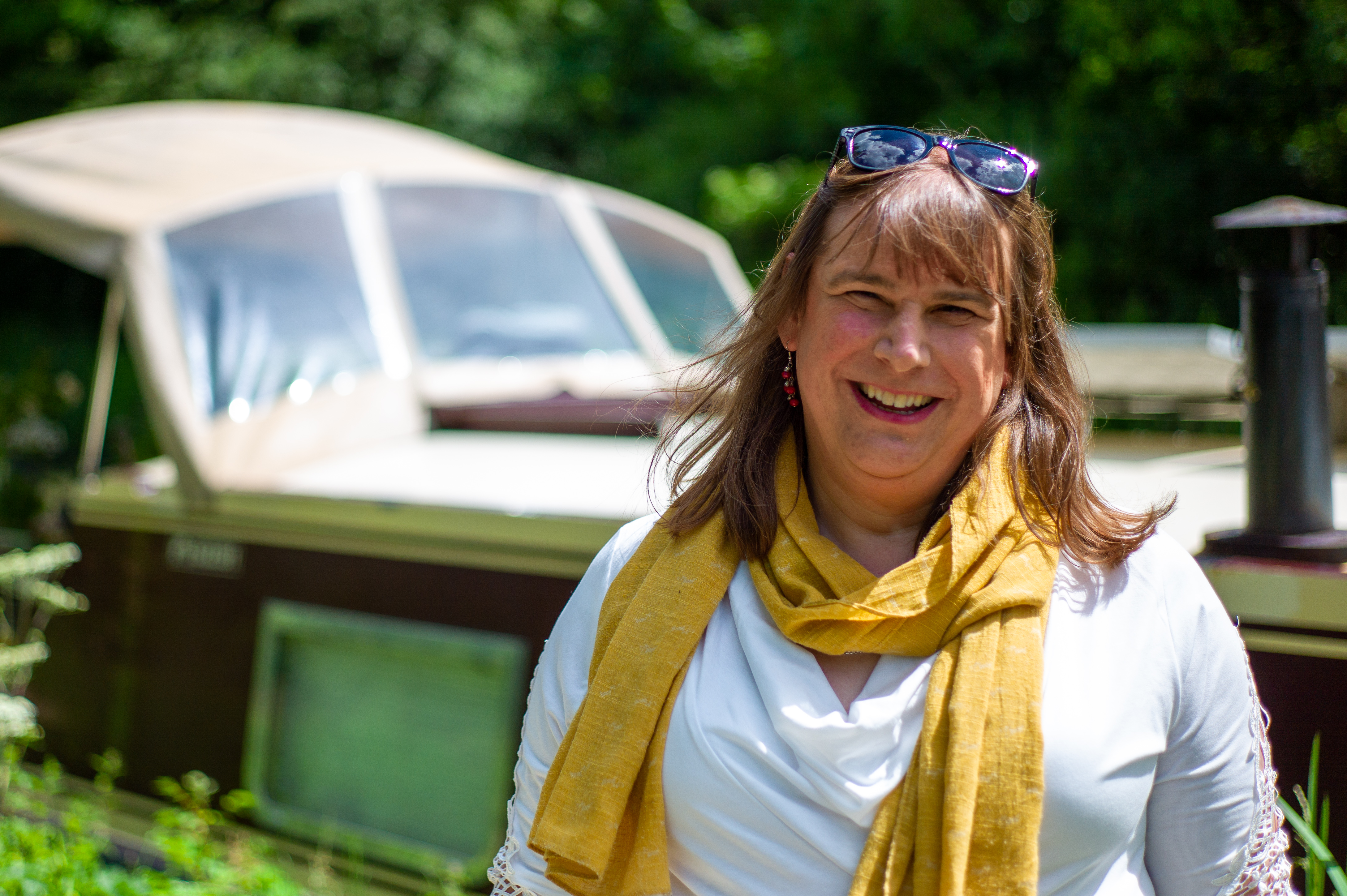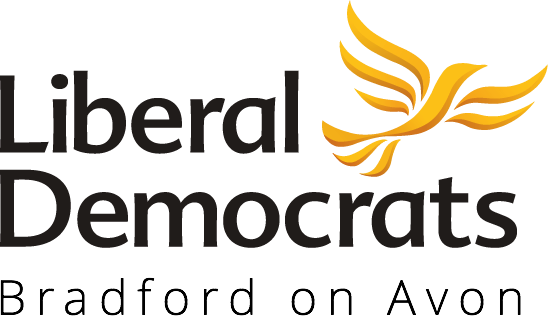Q&A With Helen Belcher
Prospective Parliamentary Candidate candidate, Chippenham Constituency

So you got involved in politics in 2015. Looking back, were there experiences from an early age that shaped your interest in political issues?
The first election I remember was 1974, as a school kid. I suddenly realised there were lots of maps and numbers and history involved, and, being interested in maps and numbers and history, it was fascinating, so I’ve always followed politics.
When I went up to university in Leeds the miners’ strike was going on and I just saw the devastation of the villages to the south and east of Leeds and was absolutely appalled at what was happening.
But at the same time, I was also finding out about voting systems and early environmental type thinking and found that the Liberals at the time were the only party that matched up with what I thought was important. 1983 was my first general election and it’s the only one so far that I’ve voted for the winner, in West Leeds.
I got involved in campaigning when I was transitioning from male to female and suddenly realised that I had to fight for access to healthcare. I just thought ‘that’s not right, either I can just sort it out for me or I can try and sort it out so that no one else has to fight the same battles’. So that’s what got me into campaigning properly, so that would have been mid-2000s.
So what made you join the Lib Dems in 2015, just when their vote had collapsed?
Well during the coalition my campaigning had started to take me in front of MPs and I always found that the Lib Dem MPs were the most receptive – they didn’t seem to have any hidden agenda, they wanted to do the right thing.
It’s not that others didn’t but Lib Dems always seemed very genuine about it. And when Cameron gave a speech on human rights, effectively threatening interfering in people’s lives even if they hadn’t broken the law, I thought ‘that means our liberal values that underpin the country are really under threat’. And that made me snap and it’s what pushed me to join.
I didn’t join in order to be something. I didn’t join with the express view of becoming an MP. As you say, the party had just collapsed in the general election and joining the Liberal Democrats, if I wanted to be an MP, was not the most obvious career move. But it was a set of values that really resonated with me.
And since then you’ve campaigned on a range of issues and stood for Parliament in 2017 and again now…
Again, I didn’t set out with a view of becoming an MP. What I found working with MPs was a sense that actually they are just people and it’s very easy watching politics through the seventies and eighties to put MPs on a pedestal and you suddenly realise ‘no, they’re just people and they have strengths and weaknesses’. I was persuaded to put my name down to be a parliamentary candidate. My sister-in-law has lived in Chippenham for fifteen, sixteen years and we knew the area well so it was an obvious one to apply for but I didn’t expect to be selected. And then suddenly I found myself fighting the 2017 election and thinking ‘I’ve never been involved in a general election campaign before, what on earth do we do’ so yes, it’s about making that difference. I said recently that it’s time to stop shouting at the television and stand up for what you believe in.
Aside from your experience as a campaigner, how has your career prepared you for the job of being an MP?
Well I started off as a teacher, which is not just interacting with children, but also with parents and colleagues, governors and management and so that was a good background.
The campaigning I’ve done means that I’ve got experience of how MPs work and how parliament works, which I think right now is very important.
I set my own business up from scratch 15/16 years ago and had to work really hard to get that off the ground and build it to be the successful company it is now, and which I sold this summer.
So my experiences mean I’ve got skills and experience in the public sector and from private sector business. I’ve got experience of campaigning and what to do in order to try and influence public debate and government policy.
Do you think you can win?
Yes. If you look at the way opinion polls have moved this year, so many people are fed up with Brexit, so many people have been appalled at the way the Conservatives have managed themselves in Parliament. We’re picking up a lot of people who are quite angry about the current situation and we’ve had so much more support in the lead up to this election than we had in 2017. It’s important to remember that Lib Dems won here in 2010 and we came second in both 2015 and 2017. We are the clear challengers to the Conservatives here and people are recognising that.
And if you win, what will be your first priority?
Well firstly we need to stop Brexit, that’s absolutely clear. There are various things we can do locally about the climate crisis like looking at better public transport, investing in the green businesses in this area. Education funding is always very important for us but also we need to look properly at NHS provision and tying that properly into social care. We need to attract more GPs and dentists to work in this area and make sure that the barriers between NHS and council services are broken down so that care becomes seamless.
You can’t get much spare time, what do you do to relax?
I used to sing in a choir. That stopped because my choir rehearses on Thursdays and Thursdays are quite political days! I do cross stitch, I listen to music, I do a bit of reading but there’s not a lot of relaxation time right now!

